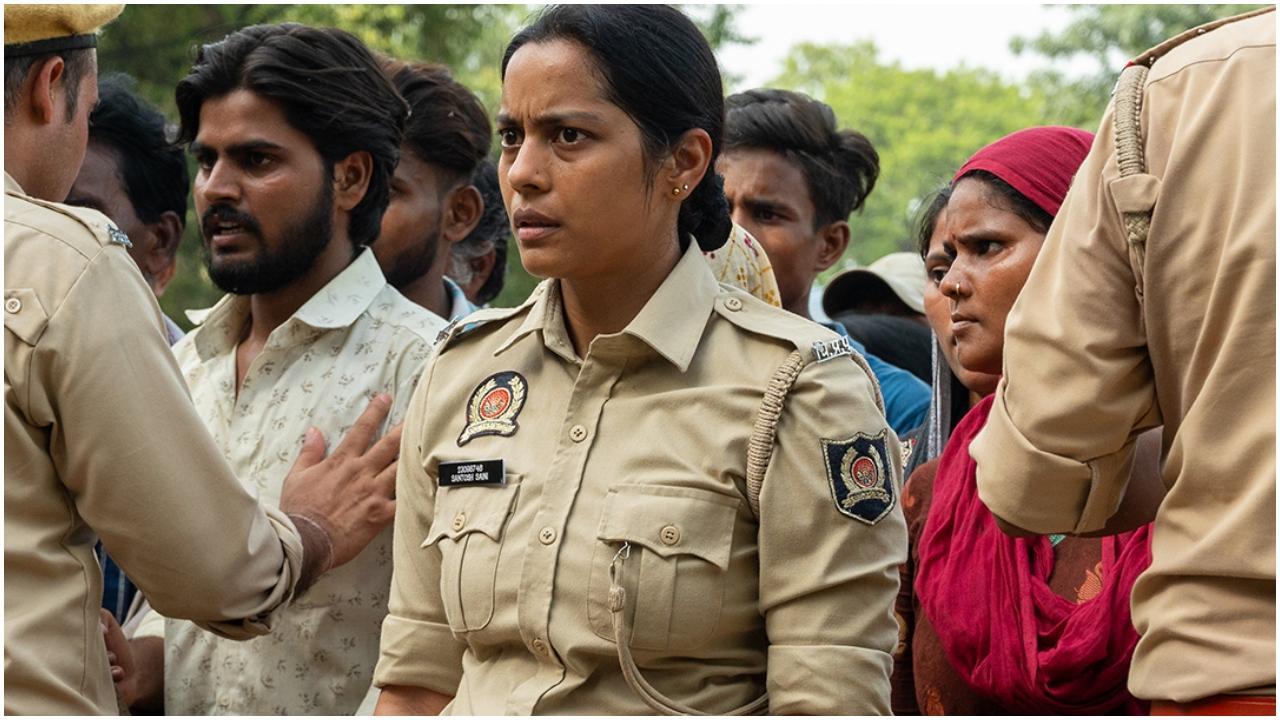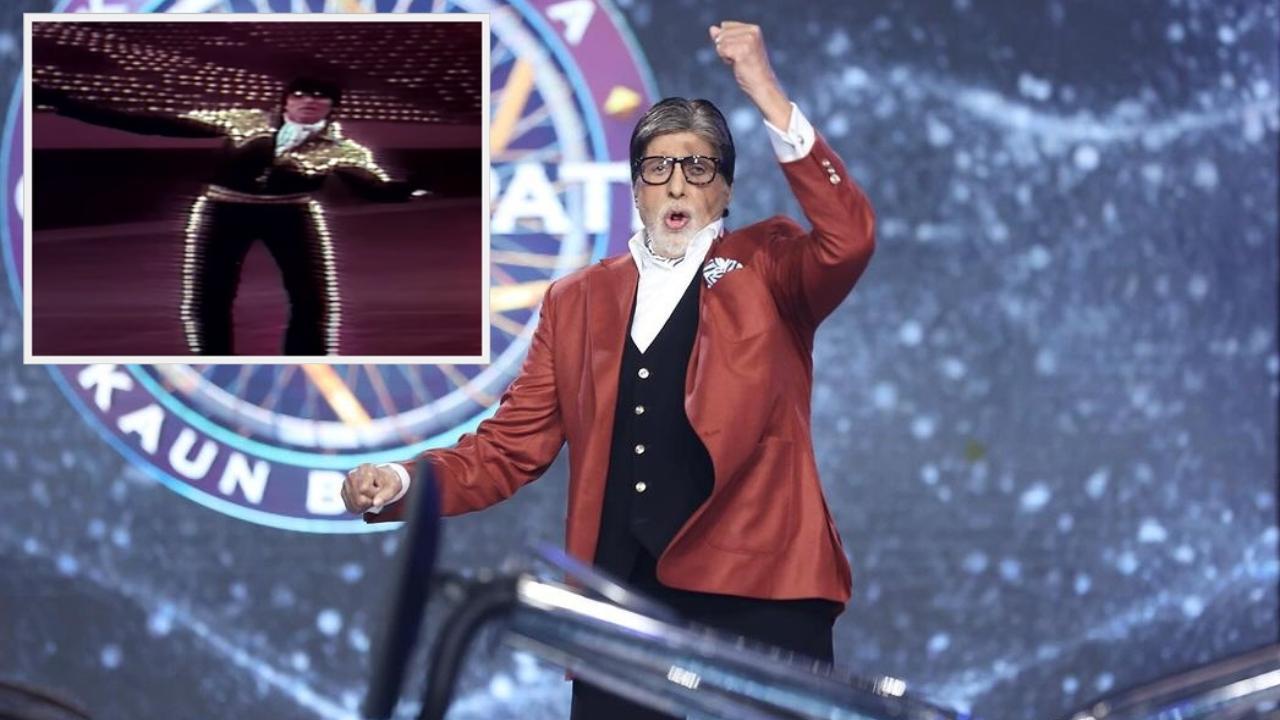This is not a paywall You can keep reading for free! At Hyperallergic , we strive to make art more inclusive, so you’ll never hit a paywall when reading our articles. But, as an independent publication, we rely on readers like you to keep our high-quality coverage free and accessible. Please consider joining us as a member to support independent journalism.
Already a member? Sign in here. Hyperallergic is turning 15! ..

. and we’re throwing a party in New York City that you won’t want to miss! Priority tickets are now available for members. Get the details.
We rely on readers like you to fund our journalism. If you value our coverage and want to support more of it, consider supporting us as a member. Join Us VENICE — Soviet-era filmmaker Dziga Vertov, whom many regard to be the grandfather of the documentary form, believed in directors’ duty to engage with the politics of their time.
This ethos is deeply felt as both theme and guiding spirit at the 81st Venice International Film Festival, at which a number of renowned filmmakers premiered strong nonfiction cinema. Andres Veiel’s documentary Riefenstahl (2024), centers the Nazi-era director Leni Riefenstahl. The film draws on her personal archives, which were opened after her death in 2003.
In her 101 years, her image was manifold: young starlet in 1920s adventure films; feted auteur with propaganda films Triumph of the Will (1935) and Olympia (1938); Nazi sympathizer; and, in her final act, a woman who believed herself maligned fighting to preserve her legacy. Though it largely outlines that which is already known — Riefenstahl downplayed her passionate faith in the Third Reich and her unprecedented access to both state funding and Hitler himself — Veiel’s documentary also introduces new threads to that legacy. It reveals, for instance, that there was a portion of Germans in the ’70s who identified with her and believed her to be misjudged, going so far as to call Riefenstahl and send her letters.
These viewers, the documentary suggests, sought to reframe what “complicity” means. Subscribe to our newsletter Get the latest art news, reviews and opinions from Hyperallergic. Daily The latest stories every weekday morning Weekly Editors' picks of the best stories each week Opportunities Monthly list of opportunities for artists, and art workers View our full list of free newsletters .
The question of complicity — and responsibility — also lies at the heart of two notable documentaries that premiered in Venice: Errol Morris’s Separated (2024) and Petra Costa’s Apocalypse in the Tropics (2024). In the films, filmmakers go behind the scenes at the Congresses of the United States and Brazil, respectively, to denounce politicians and other government workers who endangered their democracies by undermining due processes and constitutional laws. For his film, Morris interviewed federal workers at the Office of Refugee Resettlement (ORR), a program under the United States’s Department of Health and Human Services, and its director, Scott Lloyd, exposing him as a puppet of the Trump administration.
Under Lloyd’s leadership, the ORR lied repeatedly to the American public, denying that migrant children were being separated from their parents at the border as early as 2016. While the ORR had been established to handle only extreme cases in which separation was deemed unavoidable, the program assigned this designation to a massive number of children — including infants — endangering rather than protecting the most vulnerable. With pointed interviews and email documentation, Morris skewers Lloyd, as well as the Department of Homeland Security, for their lies.
Costa is similarly no-holds-barred in Apocalypse , in which she examines the rapid rise and political influence of Brazil’s evangelical movement. Like Morris, Costa roots her documentary in interviews, in this case following pastors acting as confidants to ultra-right-wing ex-president Jair Bolsonaro. The film arcs from pastors praying on the Senate floor to the devastation of Alvorada Palace, the Brazilian equivalent of the White House, after Bolsonaro’s infuriated supporters raided it when he lost his 2022 presidential race.
In yet another parallel to Morris’s documentary, those supporters seemed to borrow a page from Trump’s book, undermining election results and seeding revolt. Morris and Costa’s films are both clarion calls to civic vigilance. Contemporary democracies are under attack by populists, they argue — just as Riefenstahl’s Weimar Republic once was.
When the stakes are high, Vertov might say, filmmakers mustn’t look away. Riefenstahl (2024), directed by Andres Veiel; Separated (2024), directed by Errol Morris; and Apocalypse in the Tropics (2024), directed by Petra Costa, played as part of the Venice International Film Festival, which ended on September 7. Apocalypse in the Tropics will play at Lincoln Center (various locations) on September 28 and 29.
We hope you enjoyed this article! Before you keep reading, we wanted to ask if you would consider supporting Hyperallergic ’s journalism during a time when independent, critical reporting is increasingly scarce. Unlike many in the art world, we are not beholden to large corporations or billionaire board members. Our journalism is funded by readers like you, ensuring integrity and independence in our coverage.
We strive to offer trustworthy perspectives on everything from art history to contemporary art, spotlight artist-led social movements, uncover overlooked stories, and challenge established norms to make art more inclusive and accessible. With your support, we can continue to provide global coverage without the elitism often found in art journalism. If you can, please consider joining our paid membership program .
Millions rely on Hyperallergic for free, reliable information. By becoming a member, you help keep our journalism independent and accessible to all. Thank you for reading.
Share Copied to clipboard Mail Bluesky Threads LinkedIn Facebook.




















